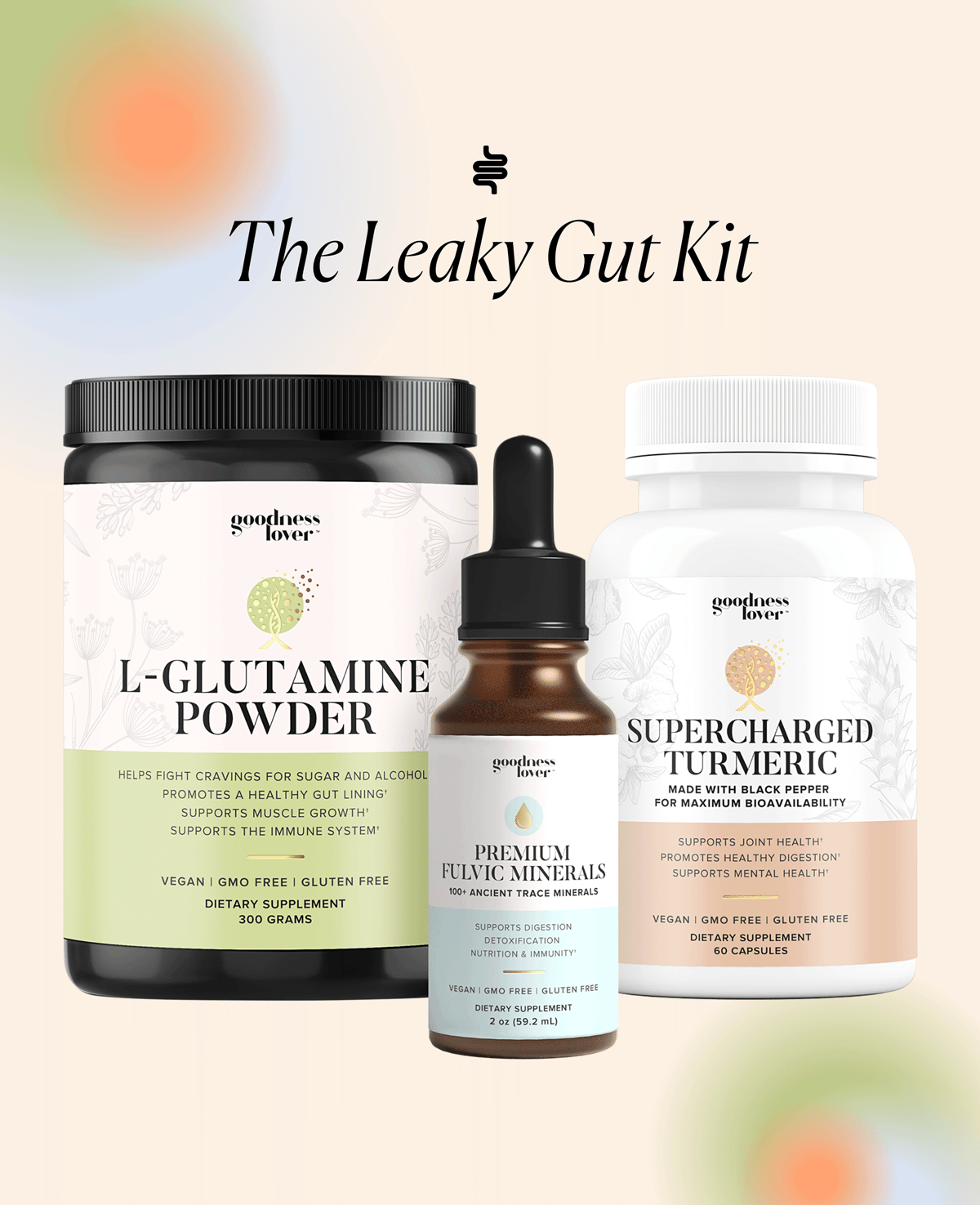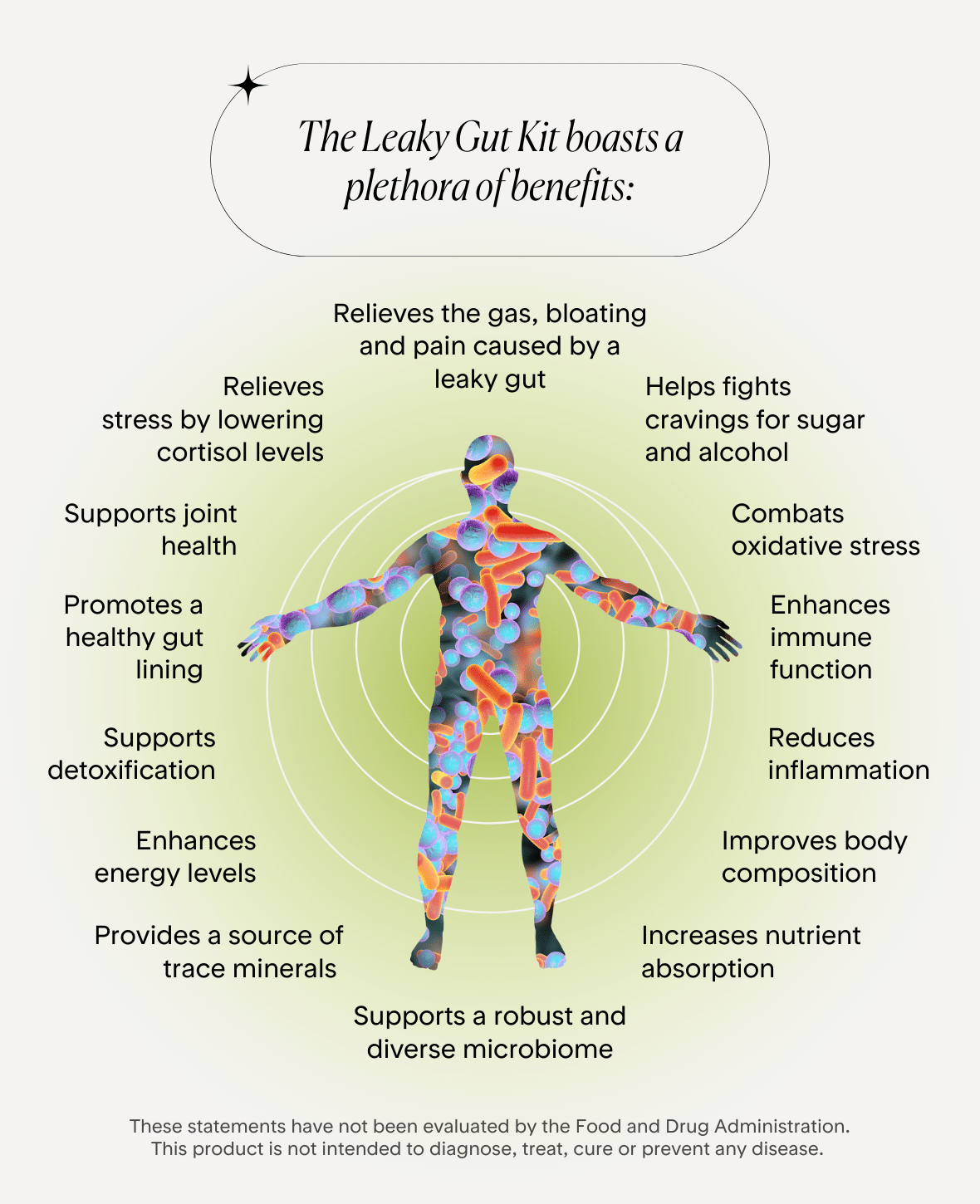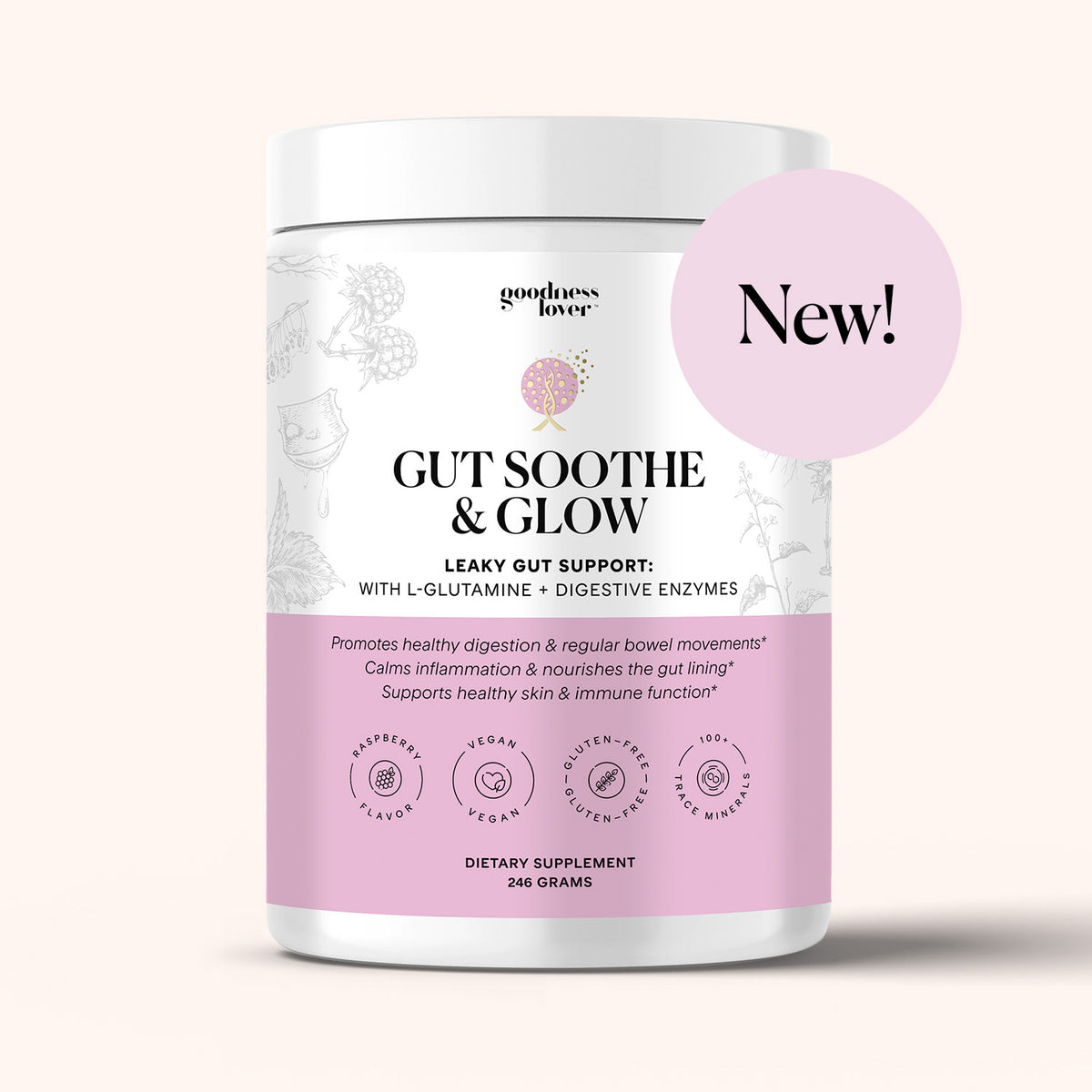Are you feeling worn out and want more pep in your step? Are you looking for a way to defy the ravages of time?
If so, optimizing the health of your mitochondria is a major key!
Your mitochondria are the powerhouse of your cells, performing specific functions in order the keep the cell and you alive. They are essentially responsible for the energy that powers every cell and every organ- your muscles, your heart, your liver, your gut, and most importantly, your brain.
However, when these mighty 'mitos' don't get enough juice, then you may experience an increase in fatigue, decreased blood sugar control, weight gain, premature ageing, migraines, increased cancer risk, and risk of many neurological diseases, including Alzheimer’s Disease, Parkinson’s Disease, and Multiple Sclerosis.
Taking care of mitochondrial function now means giving yourself the best chance at increasing healthy years later on down the road!
In this video, I’m going to share with you three easy-peasy things you can do to support the health of your mitochondria and put some spring back into your step.
Transcript: How to Support the Mitochondria Naturally
I’d like to introduce your mitochondria, the tiny cellular components responsible for generating most of the energy you need to live.
While the scientific community has long been aware of the important role they play in health, only recently have they been garnering more mainstream press.
In the past years, mitochondria have been identified as significant players in the ageing process. As a result, they are being studied for their role in the development of age-related chronic conditions such as cancer, neurodegenerative disorders, heart disease, and age-related muscle decline.
Anyone who’s interested in increasing their health span will no doubt want to know more about their mitochondria.
If you’ve long forgotten high school biology, you may be asking yourself what exactly do mitochondria do?
Well mitochondria play a really important role in neurologic health and mental health. Every cell in your body contains organelles that perform specific functions in order to keep the cell and you alive. Mitochondria are the organelles that are responsible for fuelling the cells.
They take the oxygen you breathe and use it to make more than 95% of your body’s energy!
They are essentially the battery of each of the cells in your body. The energy that powers every cell and every organ- your muscles, your heart, your liver, your gut, and most important of all, your brain- is produced in your mitochondria. When the mitochondria don't produce enough energy, the functions of every cell are compromised.
You may experience an increase in fatigue, decreased blood sugar control, weight gain, premature ageing, migraines, increased cancer risk, and risk of many neurological diseases including Alzheimer’s Disease, Parkinson’s Disease, and Multiple Sclerosis.
You won’t be able to produce enough energy to fuel other enzymatic processes such as serotonin and dopamine production, neurotransmitters that are essential for mental health.
There are a number of things that can affect the health of your mitochondria. These include:
- Nutrient deficiencies: Deficiencies of vitamins, minerals, antioxidants, and omega-3 fatty acids can alter mitochondrial function.
- Lack of exercise
- A diet high in processed food and high in fat as well as excess alcohol
- Environmental toxins: your mitochondria are especially vulnerable to exposure
to chemicals, heavy metals, and some pharmaceuticals, like statin drugs for cholesterol.
Well it’s not all doom and gloom.
Fortunately there are things you can do to support the health of your mitochondria and slow down that ageing clock.
The first thing you need to do to support your mitochondria is to reduce the load you place on them. Through diet, you can eliminate foods that promote inflammation including sugar, alcohol, gluten, dairy, highly processed foods, and foods that you are intolerant of. Look at ways to minimise your exposure to environmental toxins.
Consume foods high in antioxidants like Vitamins C, E, and A which protect the mitochondria. Colorful fruits and vegetables are high in antioxidants. Other nutrients like resveratrol from grape skins, green tea, and curcumin from turmeric also have strong protective effects.
Another thing you can do to support your mitochondria is to expose yourself to small stressors.
What on earth do you mean? I hear you ask.
Well this phenomenon is known as mitohormesis. Mitohormesis is a type of biological response where mild mitochondrial stress leads to the enhancement of health and longevity of a cell, tissue, or organism. Crucial to this process are reactive oxygen species (ROS). In high amounts, ROS causes damage and promotes ageing however, low levels of ROS are fundamental for healthy cell function and homeostasis.
It's the whole, what doesn’t kill you only makes you stronger.
This is like the stress of lifting heavy weights that makes your muscle fibers respond by breaking down and then growing stronger. Without experiencing regular small doses of hormesis, you can become fragile and weak.
Some examples of small stressors include:
- Exercise — Maintaining healthy muscle mass increases the amount of mitochondria in the body as well as the amount of energy they produce.
- Intermittent fasting
- Sauna therapy especially infrared sauna
- Manual therapy such as massage, chiropractic care, acupuncture, and/or lymphatic drainage
- Cryotherapy e.g. cold plunges, cold showers
Now when it comes to cryotherapy, you only have to travel as far as your bathroom and turn on the tap to get the water flowing.
Cold showers are one of the easiest ways for most people to make regular use of cryotherapy and they come with a lot of additional benefits for our health.
In order to get the benefits, the water should be cold enough to make you catch your breath when you first step into it and stay in the water for 15-20 minutes.
Ideally, turn the nozzle to the coldest setting for the entirety of your shower. If this sounds too uncomfortable, you can ease into it by turning the water to cold for just the last few minutes that you are in the shower. Gradually build up to being in colder water for longer periods of time.
Notice how you feel as your body adjusts to the cold and focus on your breath as you adapt to the brief, controlled stress.
Try adding cold showers to your routine this week and let us know how you go in the comments. And please like and subscribe so we can get this information out there to more people who need it. And if you would like to learn more about fatigue and the top ten causes of why you may be feeling tired all the time, check out our video here.

















What Do You Think? Comment Below: